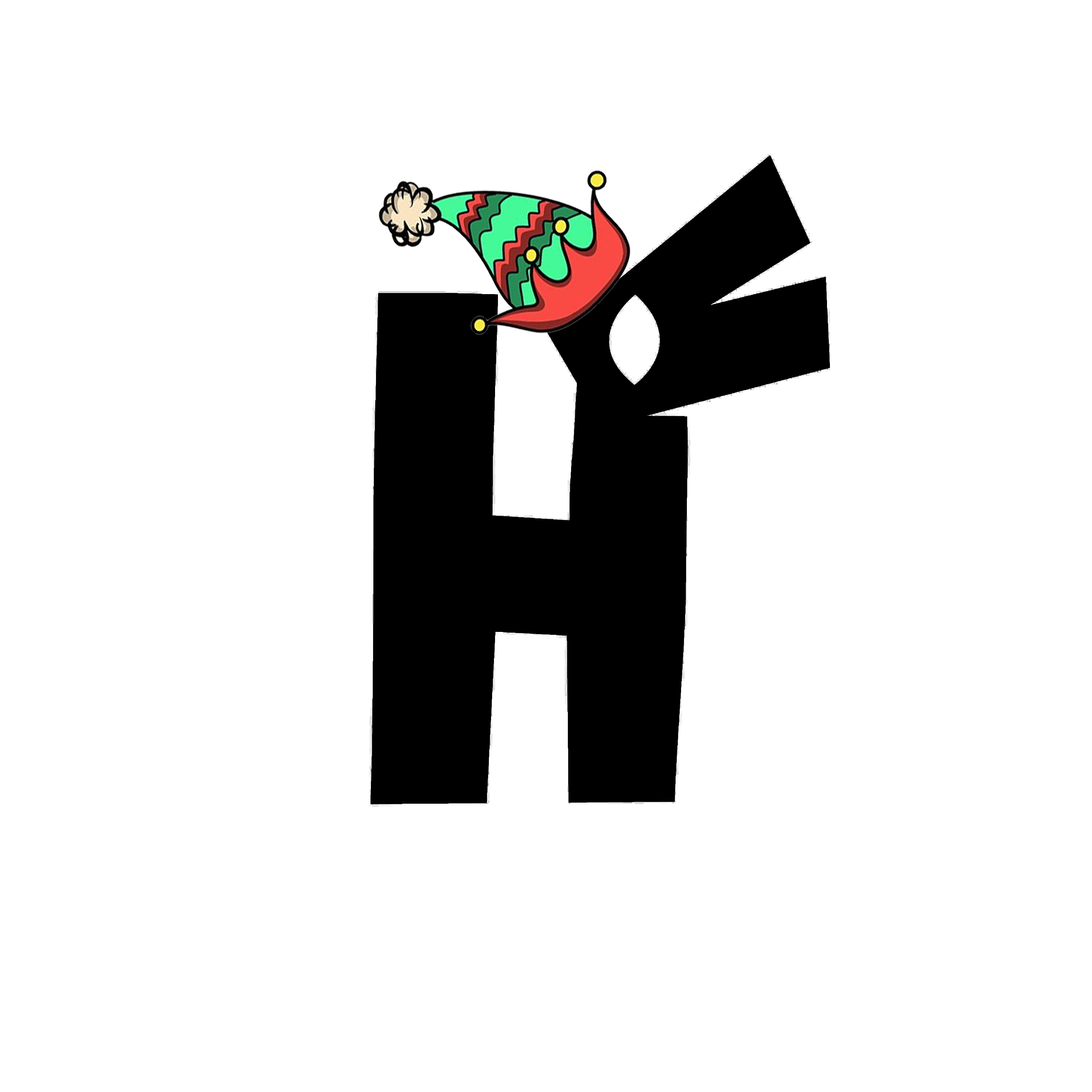If you are back at work having worked months from home, your puppy will likely find it hard to cope with your absence. Pets love it when you are around, it means they get more attention, exercise, love and affection. So when suddenly you’re not there it will stress puppies and young dogs out. Separation anxiety is a real concern which must be addressed sympathetically.
What is Separation Anxiety?
Puppies, young dogs and other pets of all ages can suffer from separation anxiety. The symptoms are similar to those of panic attacks in people. It can lead to destructive behaviour and even self-mutilation. A dog’s cognitive ability is about the same as that of a toddler who is two and half years old. This means they are led by their overwhelming feelings which they have absolutely no control over.
The symptoms of separation anxiety are extremely hard to address if not dealt with in the early stages. In short, you have to recognise what is happening to your pet and then treat them kindness and understanding. Nothing will get better overnight because it takes time and patience to convince your pet that being left alone is okay.
Independence Training
Independence training is an essential part of a puppy’s education. They need to learn that spending time alone is all right. You should start by leaving your puppy or young dog on their own for a short while to begin with. However, it’s important to leave the home, because dogs are smart and they know when you are still around. If you do this up to five times a day, it can help build up your pet’s confidence at being left on their own.
Making Sure Your Pet Has a Special Place
Some dogs like having access to a cage with the door open. They find it a safe, special place they can retreat to when needed. You can place favourite toys in the cage along with a dog bed and blanket to make them feel happier if needed.
You should always use positive reinforcement behaviour training techniques when teaching a puppy or young dog anything. Things like “go to bed” as a cue works well and you should always give them a toy or a safe long-lasting puppy chew to help keep them occupied and stimulated.
Desensitise Your Puppy to When You Leave Home
Dogs watch their owners every move which can naturally makes them anxious when they think you’re going out or it’s ‘walkies’ time. This type of anxiety must be gently addressed more especially when it happens before you leave the house. A good way of addressing the problem is to desensitise your puppy to when you actually leave. By changing departure times and by rattling keys even when you are not going out. Your puppy will no longer associate the sounds and your movements with you leaving home and them on their own.
Dogs watch their owners every move which can naturally makes them anxious when they think you’re going out or it’s ‘walkies’ time.
Exercise and More Exercise is Essential
Dogs and puppies need lots of stimulation and daily exercise. The saying that a ‘tired dog is a good dog’ is true. This means making sure that your pet gets the right amount of daily exercise to suit their breed, size, and age. With puppies and younger dogs, this includes masses of ‘playtime’ and lots of fun interactive games.
Playtime’ and lots of fun interactive games.
Seeking Help From Professionals
If you find that your puppy’s separation anxiety is not getting any better and in fact, it’s getting worse, you should get in touch with a professional dog trainer. Alternatively, you can discuss things with a vet behaviourist because things won’t get better by ignoring your pet’s problems. The golden rule when treating a puppy or any other dog is never to punish them because this will just make the situation that much worse. Patience, kindness, understanding and time should win in the end.
Short headline
Change the color to match your brand or vision, add your logo, choose the perfect layout, modify menu settings and more.

